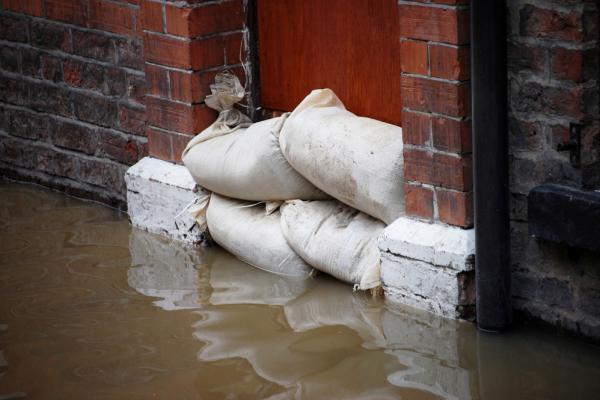According to research carried out by the Environment Agency, experiencing damage caused by extreme weather such as storms or flooding can increase the chance of facing mental health problems by around a half, while a quarter of people who have been flooded still live with these issues at least two years after the event.
Flooding can have a negative impact on mental health for several reasons, from the financial repercussions of fixing extensive damage to the loss of sentimental items and the stress it places on victims’ relationships. It often results in people having to move out of their homes, and displacing them from their community for many months.
After the disastrous floods in the winter of 2013-14, Public Health England studied 2,100 people whose homes were hit and found that flooding had profound effects on the mental wellbeing of up to 36% of victims, comparable to those of a terror attack, with effects potentially lasting many years.
The agency also found that the scale of the impact was directly related to the depth of the flooding. The Environment Agency’s formula suggests that a flood of less than 1ft will cost a household an average of £3,144 in mental health impact over two years, while a flood of more than 3ft will cost £6,980 from mental health disorders alone.
But taking action to prepare for a flood can reduce damage by around 40% as well as diminish the likelihood of suffering from mental health impacts in the future.
See also the Resilience First report on Emotional Resilience.
For further reading, please visit our Knowledge Hub.


